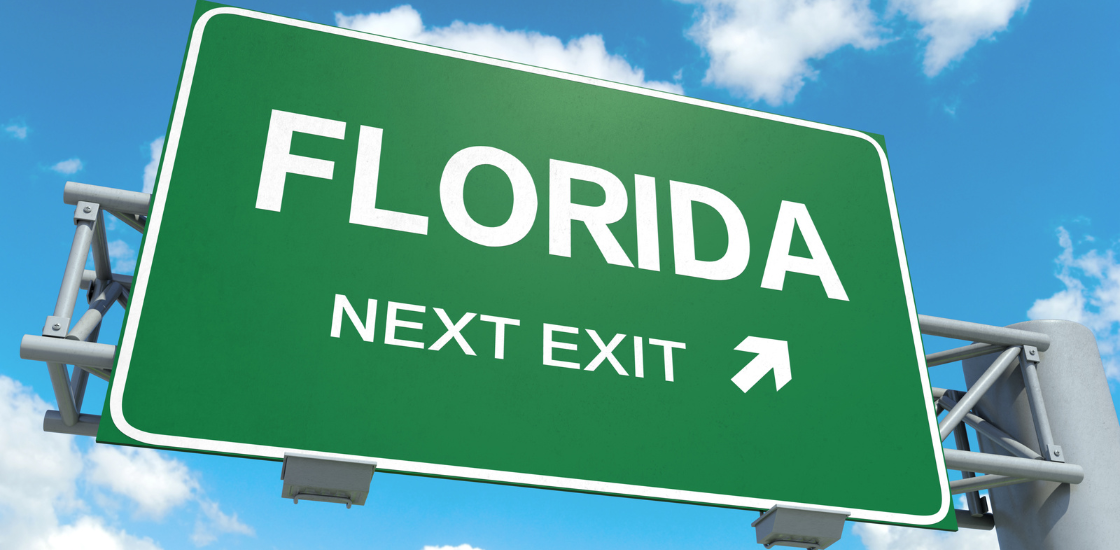Supreme Court Allows Native American Tribe’s Online Betting in Florida
The U.S. Supreme Court, in a recent ruling, declined to halt a federal appeals court’s judgment that permits a Florida-based Native American tribe to undertake online sports betting.

The request for an interim stay on this judgment, put forth by two Florida casinos, was refused by the court.
Justice Kavanaugh’s Input
Justice Brett Kavanaugh, while in accord with the refusal to halt the decision, emphasized the limited reach of the Supreme Court’s order.
He stated that the compact only sanctions gambling activities on tribal lands. Any extension of these rights beyond tribal premises would likely be at odds with the Indian Regulatory Gaming Act (IGRA). Furthermore, Kavanaugh hinted that state laws allowing the tribe to gamble outside tribal territories, while restricting others, could raise significant constitutional concerns.
Background
The focal point of the disagreement is the 1988-established IGRA, outlining the guidelines for gambling on tribal territories. As per the IGRA, tribes keen on initiating casino games or sports betting must establish an agreement or ‘compact’ with their residing state, subsequently requiring federal approval.
In 2021, the Seminole Tribe of Florida and the state agreed upon a compact, permitting the tribe to facilitate online sports betting across Florida, transcending beyond just tribal lands. With the Biden administration’s Secretary of the Interior, Deb Haaland, not acting upon it, the compact was implicitly approved by August 2021.
However, this approval was challenged by two land-based casinos located near the tribe’s casinos. They posited that the IGRA mandates compacts to only authorize gambling on tribal territories. Their contention also included the compact’s violation of federal mandates on online sports betting and its potential breach of the Constitution by allowing the tribe exclusive rights.
Initially, U.S. District Judge Dabney Friedrich supported the casinos by setting aside the approval. However, a later decision by the D.C. Circuit overruled this by reinstating the compact. The D.C. Circuit’s reasoning revolved around the idea that while IGRA allows compacts to only authorize tribal land gaming, it doesn’t prevent them from addressing external concerns, such as gaming outside tribal territories.
What’s Next?
The casinos approached the Supreme Court in early October, emphasizing the potential violation of both state and federal laws, given the unchecked sports betting transactions. Nonetheless, U.S. Solicitor General Elizabeth Prelogar countered this by emphasizing the compact’s limited scope of only authorizing tribal land betting.
This situation underscores the intricate balance between tribal sovereignty, state, and federal regulations in the domain of online sports betting. With Florida’s Supreme Court currently assessing related issues, further developments are anticipated.
Our Comment on the Article
The Supreme Court’s decision regarding the online sports betting operated by a Native American tribe in Florida marks a pivotal moment for the gambling industry in the United States. It paves the way for other tribes that might wish to introduce similar initiatives in the future and serves as a significant reference point for future cases related to gambling law.
Justice Kavanaugh’s statement highlights that the intricacies of online betting stretch beyond the jurisdiction of Native American tribes. It also underscores the need for clarity and consistency in interpreting the statutes, ensuring the rights of all stakeholders involved – both the tribes and other gambling service providers.
However, what’s crucial in this case is the fact that while the Supreme Court declined to intervene, it hasn’t shut the door on future discussions about online betting outside tribal territories. The eventual decision on this matter could have far-reaching implications for the future of online gambling in the US, especially given the growing popularity of this sector nationwide.
